Life Cycle Services
ERG’s Life Cycle Services group helps organizations reduce their environmental footprint and improve sustainability through expert life cycle services. We specialize in ISO 14040/44-compliant life cycle assessments (LCAs), embodied carbon policy implementation, and advanced life cycle research. As Franklin Associates, we pioneered the life cycle inventory (LCI) concept over 50 years ago. Since joining ERG in 2003, we have continued our leadership in this field through our client work and our services to help ensure that life cycle data and tools are publicly open and available to all. For example, we have conducted hundreds of life cycle studies and developed customized tools for clients across both the public and private sectors. We serve as the data curator for the U.S. Life Cycle Inventory Database, which we have contributed to since its inception. We also support several federal agencies in our role as the data curator for the centralized Federal LCA Commons. We provide training and consulting services in our role as the USA partner for the freely available openLCA software. To all this work our LCA specialists bring deep knowledge across a wide variety of sectors—including packaging, construction materials, buildings, pavements, energy systems, water treatment, chemical manufacturing, circular economy, waste, and agriculture—enabling us to deliver tailored, science-based solutions that support sustainable decision-making.
Life Cycle Data Development
- Tailored data collection forms
- Literature surveys
- Secondary data evaluation
Life Cycle Inventory and Life Cycle Assessment
- Life cycle goal and scope development
- Customized data development and modeling
- Inventory of environmental inputs and outputs by life cycle stage
- Results analysis and interpretation
- Sensitivity and uncertainty analysis
- Target areas for environmental improvement strategies
- Data for submission to USLCI Database
- Environmental product declarations following established product category rules
- Peer review services
- Review of external models, tools, and emission factors
- Multi-stakeholder project coordination
- End-of-life modeling, including applying circular economy metrics to product and packaging life cycle assessments to inform product eco-design
Carbon Footprinting
- Spend-based emissions inventories
- Consumption-based emissions inventories
- Product carbon footprints according to ISO 14067
- Organizational GHG accounting according to ISO 14064
- Scope 1, 2 & 3 GHG assessment compliant with GHG Protocol
- Energy sector GHG LCA
Customized Life Cycle Models and Tools
- User-friendly interactive client-specific models in openLCA, SimaPro, Excel, and Web-based formats
- User-defined scenarios
- Instant generation of environmental results tables and graphs
- Ongoing support and data updates
- Programming and support for open-source LCA software packages based on large datasets
Embodied Carbon
- Embodied carbon policy implementation and development
- Product category rule (PCR) conformity assessment
- Environmental product declaration (EPD) quality and data analysis
- EPD Quality Labeling Initiatives
- Low embodied carbon procurement
- Construction product benchmarking and threshold setting
- Digital EPD data transfer and storage
Integrated Life Cycle Assessment/Life Cycle Costing
- Combined analyses of environmental performance and costs
- Identification of cost and environmental performance trade-offs
- LCA based on spend information
Life Cycle Communications and Education
- Reports
- Interpretive graphics
- Presentations
- Life cycle methodology training
- Support for development of LCA–related marketing materials
LCA Software Training
- U.S. training partner for openLCA software
- Onsite and remote training for business and educational use of openLCA
Projects

Modeling Greenhouse Gas Emissions for U.S. Economic Sectors
U.S. Environmental Protection Agency

Advanced Data Engineering for Life Cycle Applications
U.S. Environmental Protection Agency

Novel Approach to Consumption-Based Greenhouse Gas Emissions Inventories for States
U.S. Environmental Protection Agency
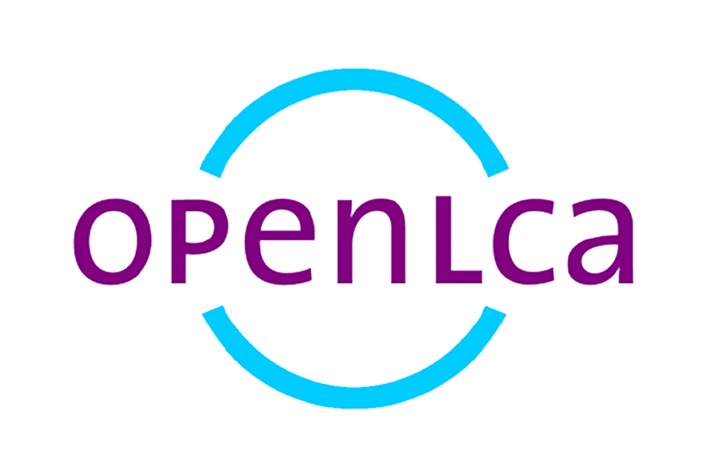
openLCA Software Training and Support
Multiple organizations and individuals
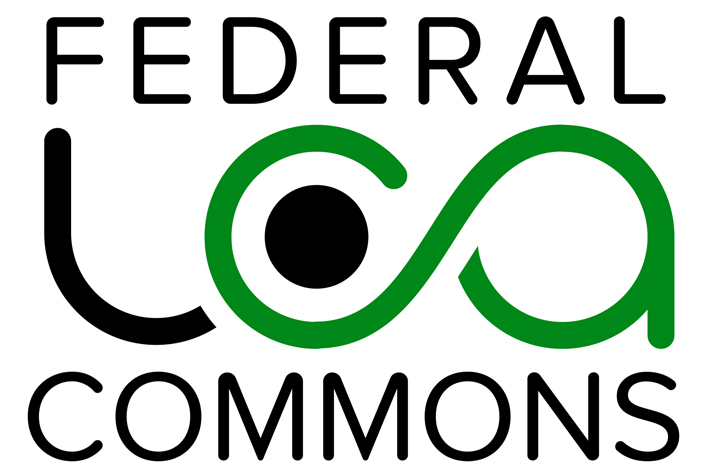
Federal LCA Commons Data Curation
National Renewable Energy Laboratory

Assessing Environmental Pathways of Waste Tire Pollutants
Washington State Department of Ecology
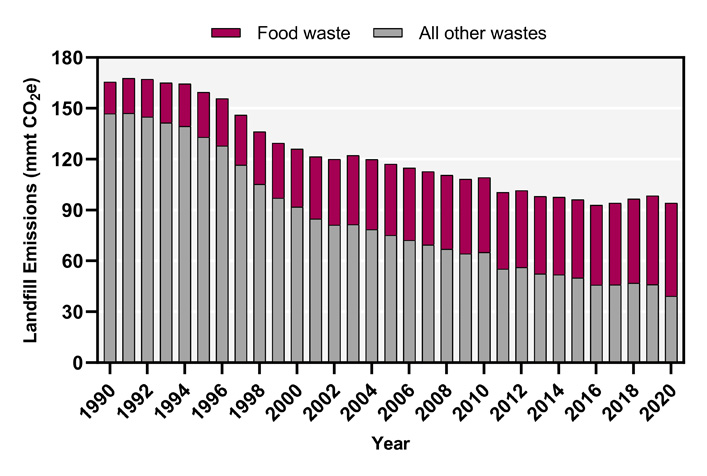
Understanding Methane Emissions from U.S. Food Waste
U.S. Environmental Protection Agency

Incorporating Out-of-State Fuel Cycle Emissions in New York State’s Emissions Inventory
New York State Energy Research and Development Authority
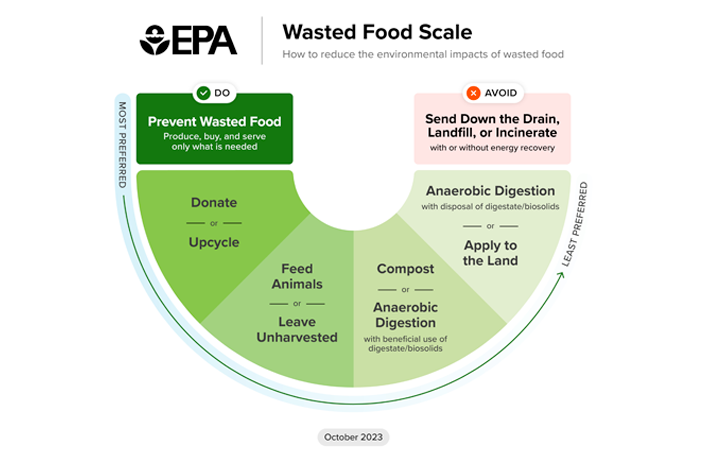
Using Life Cycle and Circularity Assessments to Understand Environmental Impacts of U.S. Food Waste Management
U.S. Environmental Protection Agency

Support for EPA Low Embodied Carbon Program
U.S. Environmental Protection Agency
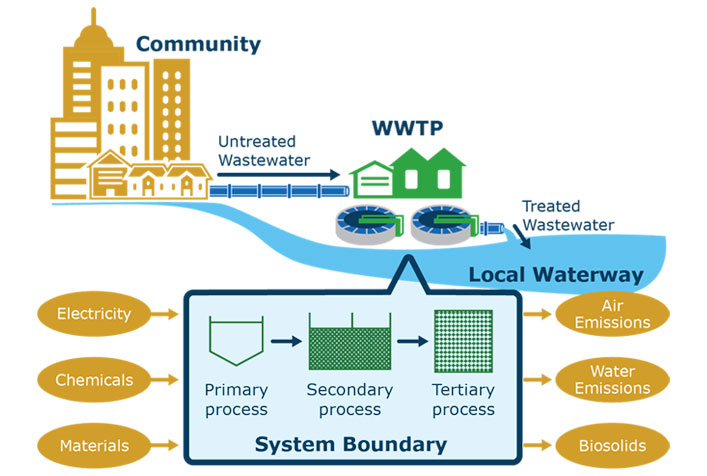
Life Cycle Assessment of Wastewater Treatment Upgrade Options to Improve Nutrient Removal
U.S. Environmental Protection Agency

Green Electronics Benefits Calculator
Global Electronics Council
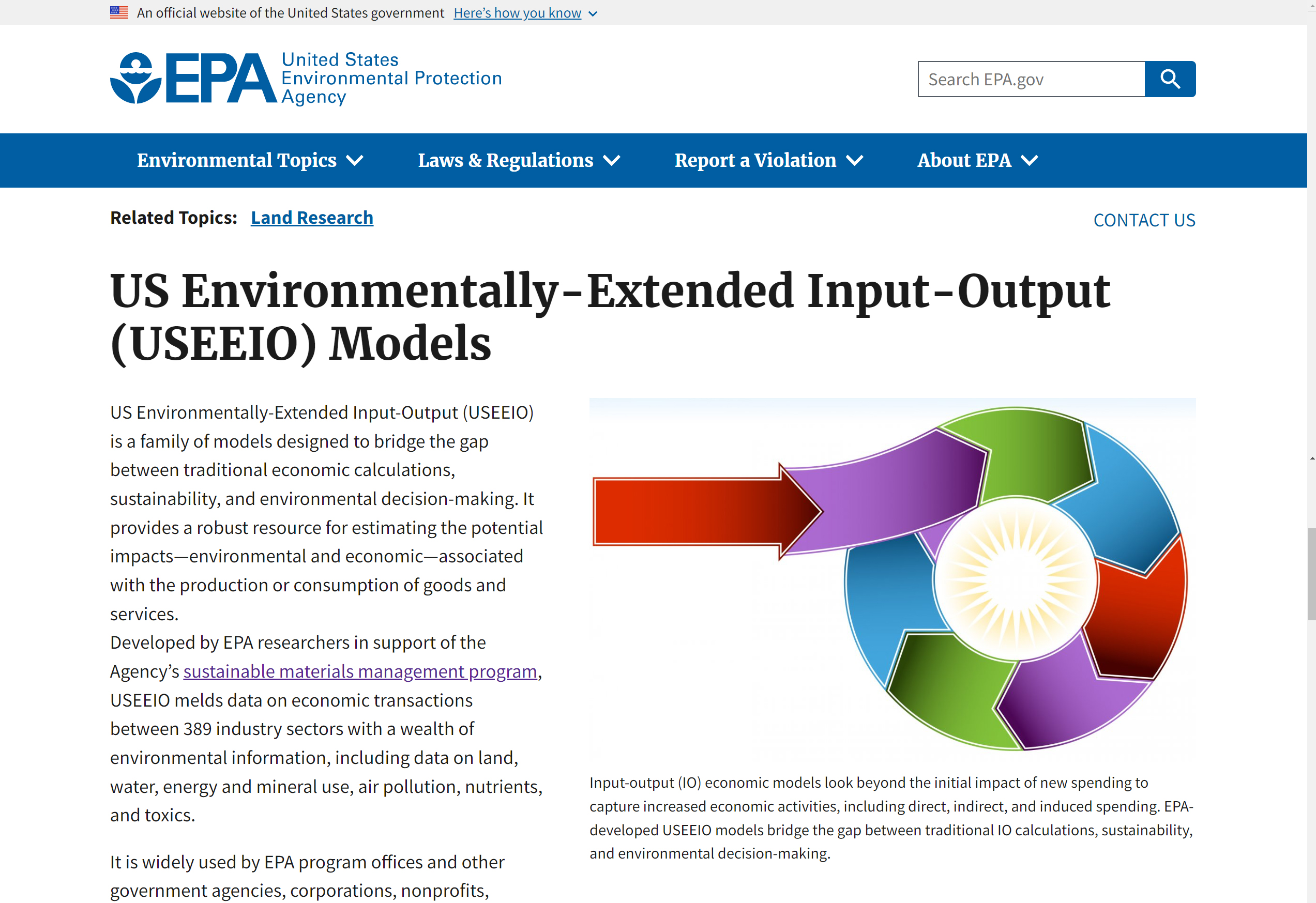
Including Environmental Metrics in the USEEIO Model for Sector and Commodity Assessment
U.S. Environmental Protection Agency

Sustainability Assessment of Food Waste Management Options
U.S. Environmental Protection Agency
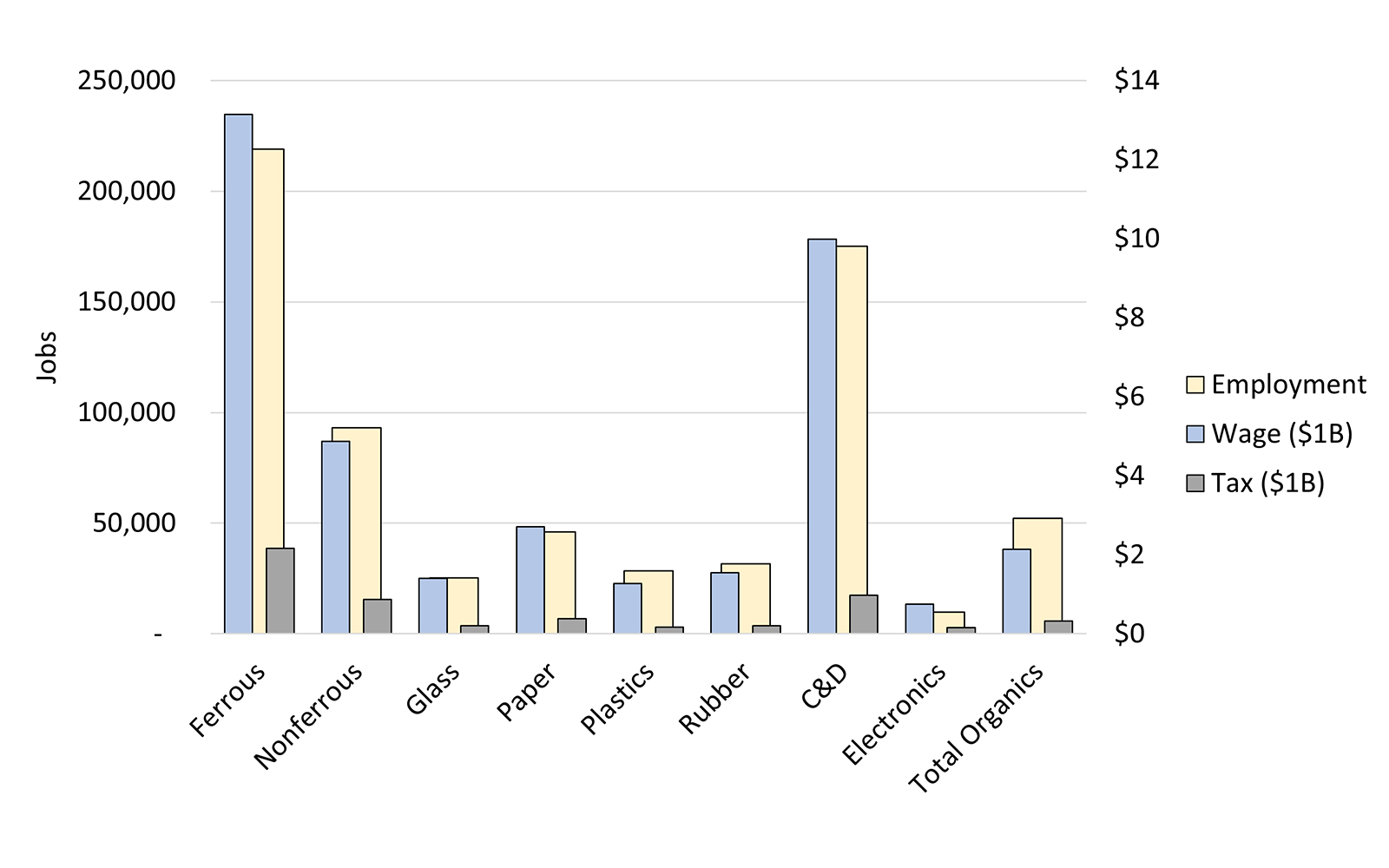
Recycling Economic Information Report
U.S. Environmental Protection Agency

Tracking Material and Waste Flows Through the Economy
U.S. Environmental Protection Agency

Life Cycle Assessments of Innovative Packaging Products
Packaging companies

U.S. Life Cycle Inventory Database Curation
National Renewable Energy Laboratory
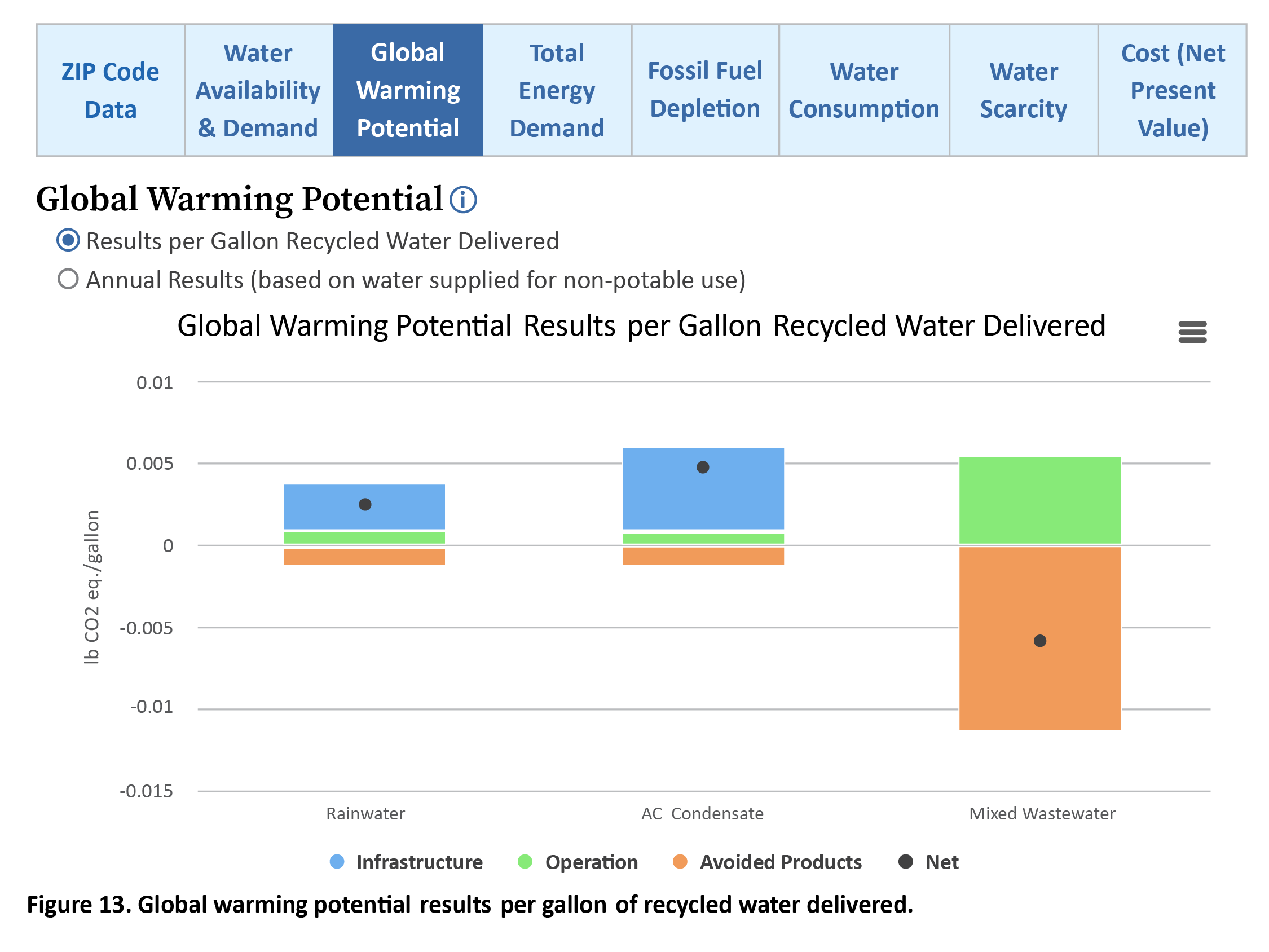
NEWR Calculator
U.S. Environmental Protection Agency

Updates to the GREET Model
Argonne National Laboratory

PET Plastic Resin Production: U.S. Industry Life Cycle Analysis
National Association for PET Container Resources

Assessing the Environmental and Socioeconomic Impacts of Biofuels Production Using Input-Output Modeling
National Renewable Energy Laboratory

Regional Life Cycle Assessment Tool for U.S. Electricity
National Energy Technology Laboratory, U.S. Environmental Protection Agency

Expansion of Petroleum Refinery Model for Life Cycle Assessment
National Energy Technology Laboratory

First Industry-Wide Greenhouse Gas and Energy Life Cycle Assessment of Pine Chemicals
American Chemistry Council
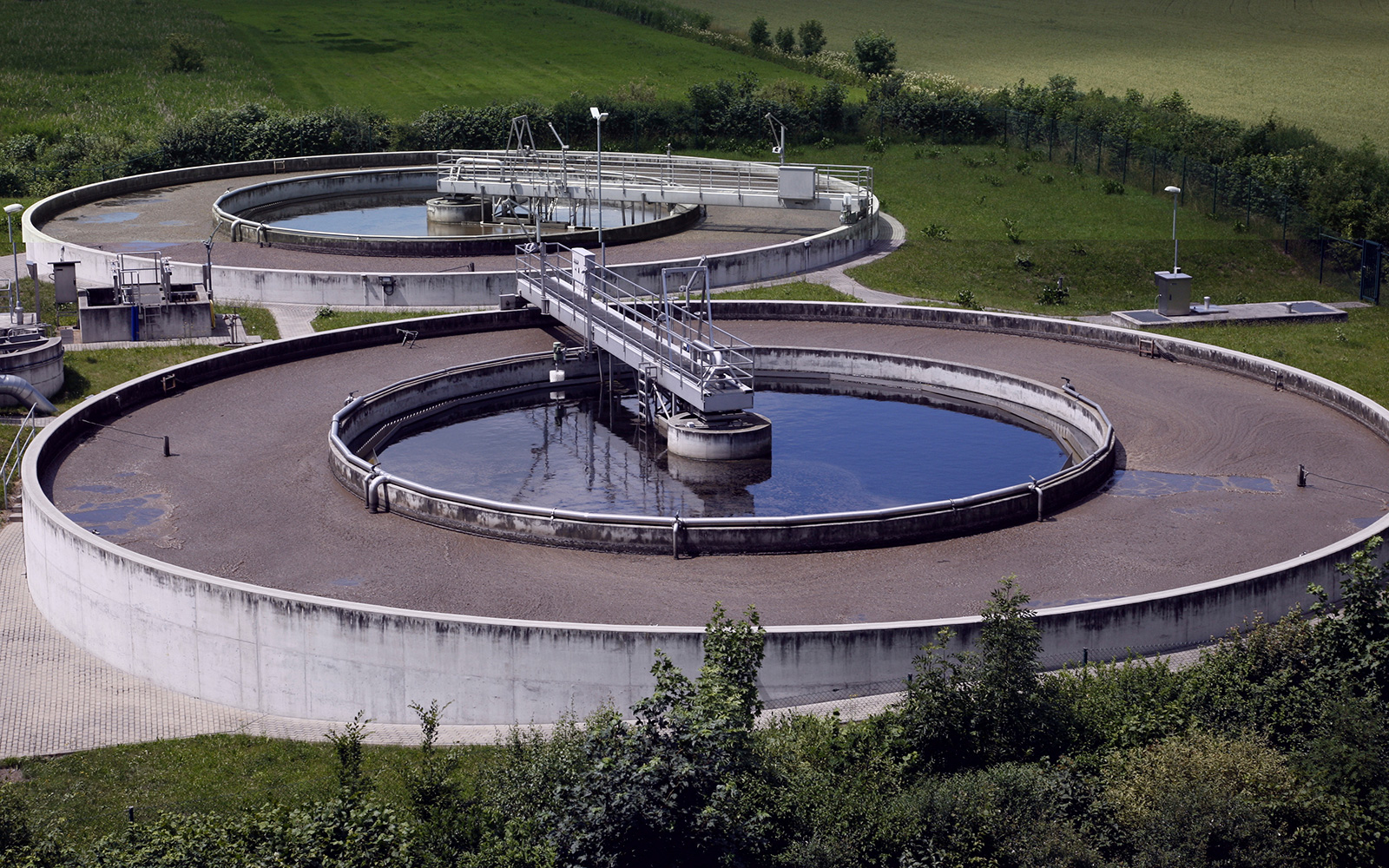
Life Cycle and Cost Analysis for Innovative and Sustainable Water Treatment Options
U.S. Environmental Protection Agency
Service Area Leads

I enjoy providing innovative, data-driven sustainability solutions to clients by combining cutting-edge environmental science with strategic business insight and a deep understanding of evolving industry trends and regulations. These solutions support enterprises in reducing their environmental impact and provide them with forward-looking strategies to operate within planetary boundaries.

My lived experience growing up in a rural community showed me the importance of engaging disparate voices in developing sustainable solutions to address our most pressing environmental challenges. Now, as an environmental engineer and policy analyst, I am grateful that I can apply my experience to support a broad range of meaningful work, including advancing a circular economy, supporting clean energy solutions, and community engagement.

Solving today’s complex environmental challenges is a daunting task. It requires the delicate balancing of many competing factors, from cost and convenience to public health protection and resource allocation. At ERG, I am fortunate to be able to work on projects that get to the core of this balance, surrounded by clients and colleagues who are equally passionate about finding mindful, objective solutions for our complex world.

The infrastructure and buildings we construct today will last for generations and their embodied emissions will be locked in, which makes it vitally important to quantify and reduce these emissions. Developing systemic methods to implement, track, quantify, and reduce the environmental impact of infrastructure assets is a particular passion of mine because its benefits are so tangible and so important.

Increasingly, organizations are applying life cycle assessment to learn how they can most effectively reduce the environmental footprint of their products and processes. I take great pride in contributing to techniques and open-source databases that help move the science of LCA forward and facilitate access to more robust, current, and regionalized public life cycle inventory data.

At ERG, I feel fortunate to have the opportunity to work with clients to solve sustainability problems and make our world a better place to live in.

Data-driven decision-making needs to be at the core of solving all problems. The LCA industry has many new computational technologies at its disposal, which will further its evolution and allow development of solutions that match the complexity of the problems we face. Maintaining a curious and creative mind while performing research will allow us to adapt non-traditional toolsets and propel life cycle assessment to become even more essential than it already is.

As the song says, ‘you never miss your water ’til your well runs dry.’ I believe that most individuals and organizations generally appreciate that the environment is important but also find it complex, sometimes abstract, and easy to take for granted. I work with clients to promote understanding about how people depend on and affect the environment and to develop practical, affordable solutions that improve the environment now and over the longer term.

Throughout my career, I’ve often worked at the intersection of collaborative science, engineering ingenuity, and societal commitment, witnessing how powerful that can be. As we grapple with changing global conditions and other urgent environmental challenges, we must harness this power to safeguard the delicate balance of our interconnected existence on our planet.
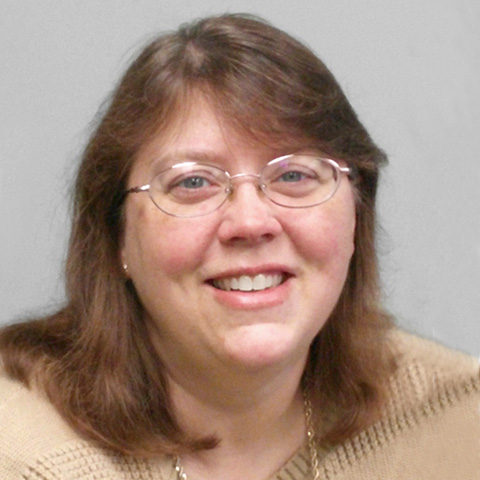
Listening is critical to being an effective consultant. Early in my career as a process engineer, I learned to listen—not just to those in charge, but also to those who focus every day on the challenge at hand. Time and again, careful listening has allowed me to develop better solutions.

To me, working alongside equally driven colleagues, on software that aims to enhance the well-being of our world, is pure joy.

I believe we have a critical opportunity—and responsibility— to recover materials before they reach end of life. Doing so helps secure access to strategically important, high-value resources necessary for the energy transition and national security. At the same time, it supports efforts to reduce environmental impact and reclaim economic value.

Communicating technical details to a non-technical audience can be one of the biggest challenges in converting research results into meaningful changes. I really enjoy translating complex life cycle assessments into clear messages for clients so that they can make better decisions.

I came to ERG out of graduate school to pursue a career in life cycle assessment with the belief that sustainability has a concrete meaning, one that LCA can help define. To my knowledge, life cycle thinking is one of the best available approaches to assessing the success or failure of human systems and to guiding the evolution of these systems towards an improved balance of environmental and social needs with economic constraints.

Maya Angelou’s reflection, 'Do the best you can until you know better. Then, when you know better, do better,' fits well with sustainability. The more we learn about the impacts of our past behaviors, the more vital it is for us to take that knowledge and always strive to do better going forward.

The value of a life cycle assessment depends directly on the quality of the data used for modeling. Our LCA staff played a key role in developing the U.S. Life Cycle Inventory Database, which provides free public access to high-quality data on processes and materials. I am very proud of the work we have done—and continue to do—to advance the accessibility and transparency of data needed to support and encourage wider use of LCA.

Construction is a foundational component of our society, providing the buildings and infrastructure that connect communities, enable commerce, and define the physical spaces we interact with every day. Working to quantify and reduce the embodied carbon emissions associated with construction materials has been one of the most rewarding aspects of my career.
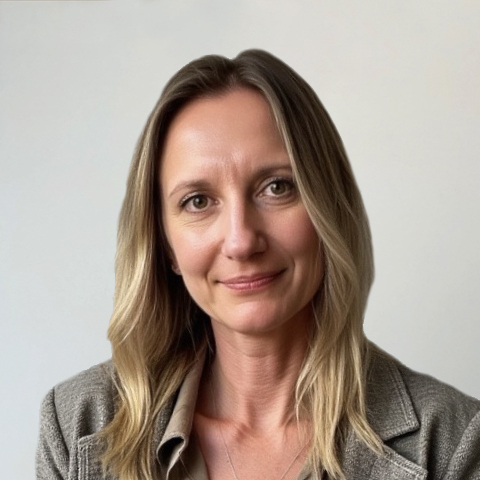
Growing up on my grandfather’s land in rural Oregon surrounded by forests, streams, and mountains, I developed a deep love for the natural world. That early connection sparked a lifelong commitment to creating positive impact by finding ways to make the things we need without harming the environment I have learned to cherish.

As we enter an era of resource constraints, life cycle assessment can become an increasingly important tool for doing more with less, remaining reliable and affordable, and building consensus to overcome limited resource availability. I always enjoy utilizing an LCA approach to help my clients achieve these and other benefits.

Both companies and the public sector have to assess environmental tradeoffs in the face of limited resources. LCA is a great tool for assessing those tradeoffs and making choices consistent with values. By generating high-quality public data and LCA tools, we provide the underlying data necessary for effective decision-making.